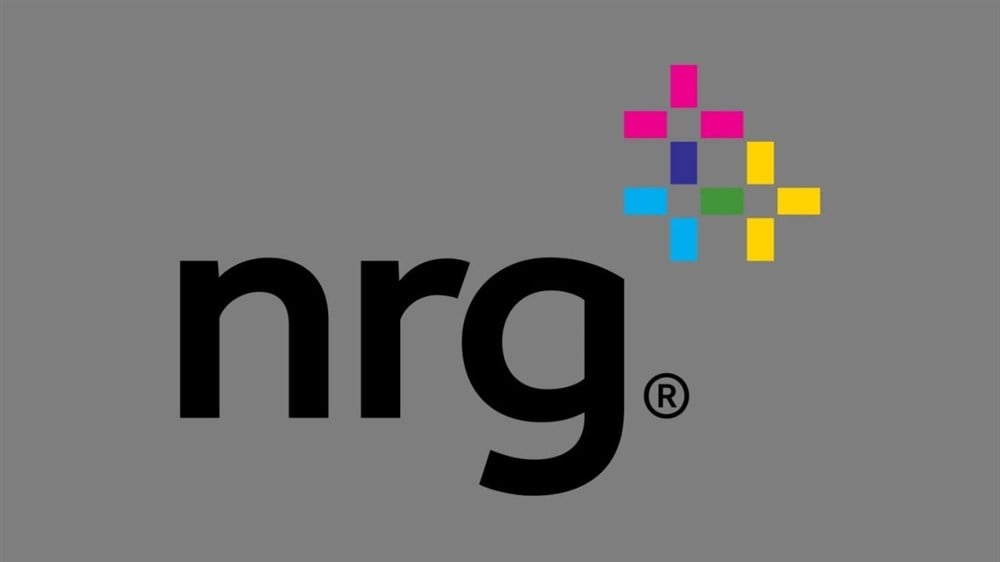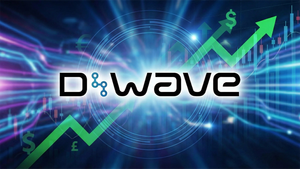Financial News
More News
View More
Pelosi’s Bullish 2026 Buy List: AI, Power & Dividends ↗
January 26, 2026
Did BlackRock Build A New Floor for Archer's Stock Price? ↗
January 26, 2026
3 Dividend-Backed Consumer Staples to Reinforce Your Portfolio ↗
January 26, 2026
D-Wave Files $330 Million Shelf: Growth Fuel or Dilution Risk? ↗
January 26, 2026
Dividend Raises Are Spreading—These 3 Big Players Led the Move ↗
January 26, 2026
Recent Quotes
View More
Stock Quote API & Stock News API supplied by www.cloudquote.io
Quotes delayed at least 20 minutes.
By accessing this page, you agree to the Privacy Policy and Terms Of Service.
Quotes delayed at least 20 minutes.
By accessing this page, you agree to the Privacy Policy and Terms Of Service.
© 2025 FinancialContent. All rights reserved.









